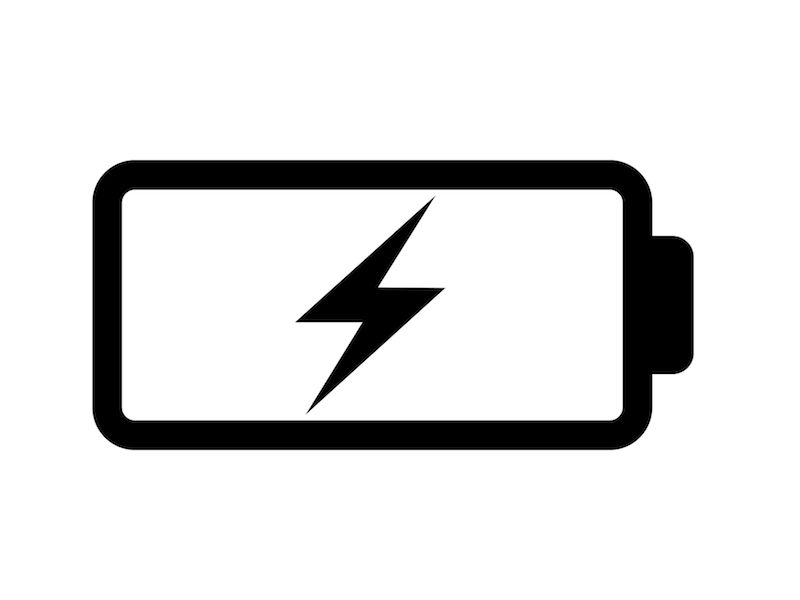
Stressing about running low on batteries is something you shouldn’t have to do with rechargeable hearing aids, but when you depend on this technology, it may make you a little concerned. Do rechargeable hearing aids work, and do they work as well as advertised?
Those questions are understandable, as is the accompanying anxiety. A hearing aid is often as important for the enjoyment of a television show or a movie as it is for a trip to the supermarket or any other part of everyday life. It’s essential that a piece of technology works properly and reliably, especially when it affects so many aspects of life.
What Type of Battery do I Have?
By default, most contemporary hearing aids have rechargeable batteries, so it’s likely if you bought your hearing aids recently, it has one of two types of batteries. Silver-zinc batteries, which have a battery door on the back, are rechargeable, but the batteries might need to be changed every so often. A Lithium-ion battery, however, will not have a battery door because the batteries will last as long as the hearing aid does.
Rechargeable Hearing Aids Need Special Care
For the most part, rechargeable hearing aids do work, and they work well. The reliability of these devices has increased considerably in the last several years, as battery technologies have improved. In order to increase dependability, however, there are some maintenance measures users can take as they would with any other electronic device.
- Be Careful of Wires: Either the charging station or the hearing aid itself will have some kind of wire element on most hearing aids. Most hearing aid users are advised to be mindful of these wires; do not pull or hold your device by these wires as this can damage the connections that allow your hearing aid to charge.
- Store Your Hearing Aids on The Charging Station: If your hearing aids have rechargeable batteries, you can extend the battery life of your device by making sure that you consistently store your hearing aids on their charging station. The long term battery life is not reduced by charging a battery that is not completely drained.Actually, you can actually enhance the battery life by making certain your hearing aids are charging while not in use. For lots of people, setting their charging station next to their bed is a convenient reminder to charge the devices when not in use.
- Keep Your Hearing Aids Dry and Clean: No matter how often you use or do not use your hearing aids, they have plenty of opportunity to gather moisture, debris, and dust. Your hearing aid may not fully charge if it is subjected to any of these three things. That’s why it’s essential to keep your hearing aids clean and dry especially when connecting your hearing aid to its charging station.
How to Change a Rechargeable Battery
If you have lithium-ion batteries, they should last as long as your device does. So changing those batteries won’t be something you ever have to worry about. Your hearing aids can then be simply charged as long as necessary.
However, you will need to periodically change the batteries if you have a hearing aid that utilizes silver-zinc batteries. The lifespan of your battery can be increased by changing them in the correct way. As such, most people who use these hearing aids are counseled to:
- Five minutes before taking off any tabs that may be attached let the batteries sit at room temperature.
- Clean and free of moisture is the state that your battery compartment should be kept in.
- Don’t remove any plastic tabs or packaging until you’re ready to use batteries.
- Keep batteries in a room temperature place that is also sure to be dry.
- Make sure you wash your hands before changing your hearing aid batteries.
Long Periods of Non-Use
If you are planning not to use your hearing aids for long amounts of time, leaving them on the charger might no longer be the best way to store your devices. Just unplug your hearing aid and store it in a cool dry spot if, for example, you know you won’t be using them for a few weeks or a month.
If your hearing aids use silver-zinc batteries, you might also think about leaving the battery door open so that you can prevent moisture from corroding your batteries.
Rechargeable for Everyday Use
For most individuals, and for day to day use, charging your hearing aids once a day should be adequate for all of your requirements. To get 24 hours worth of battery life with a lithium-ion battery will usually only require 3-4 hours per day.
Do rechargeable hearing aids work? Not only do they work, but rechargeable hearing aids will very likely become a lot more common and dependable as the technology continues to develop. To see all the different models, get in touch with your local hearing aid retailer.
